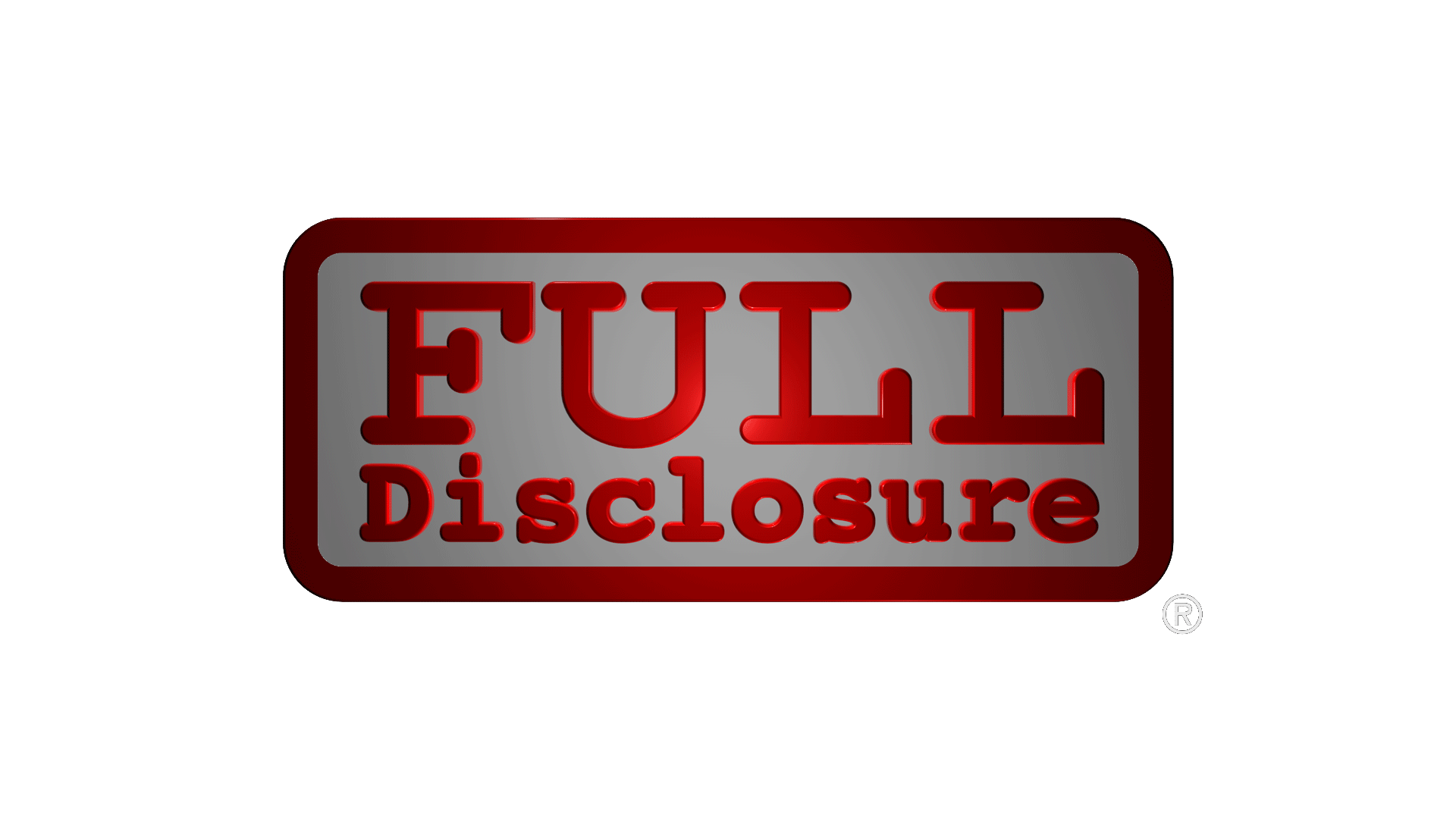
Is it okay to hold out information from your insurance agent just to be able to get a better deal? There could be a circumstance where someone may not be providing a full disclosure of information seems innocent enough but beware that there could be ramification. Keep in mind, the purpose of insurance companies asking questions of potential clients is not to judge them but to determine whether or how someone fits a certain program.
The reality is, if the information a client provides is not correct or only "somewhat" correct, most insurance companies will eventually find out. And when they do find out, the result can be a bit messy. Getting cancelled for misrepresentation can follow you for a while.
Full disclosure concerns apply to all types of insurance. The most common infraction right now in the coverage world involves auto insurance and is more often unintentional versus intentional. Most personal auto policies exclude any vehicle operation involving transporting people for a fee. Several insurance companies have developed solutions for this. Bottom line, it’s critical that anyone engaged in the service should contact their agent for more information.
The importance of full disclosures applies to homeowners’ insurance as well. In 2010, a court case in Pennsylvania involved a policyholder who ended up with $150,000 in fire damage costs due to a kerosene heater that damaged the property. The carrier, Allstate, denied the claims because the applicant had stated on the original application that there were no supplemental heat sources in the house. in turn, The insured sued Allstate for breach of contract. Allstate counter-sued for violations of PA Fraud statutes. The judge ruled in favor of Allstate. Not only did the insured not get compensated for the loss, but they, in turn, had to pay Allstate $25,000 in damages.
But this is something interesting to note: A court in Florida stated that the law does not require misrepresentations to increase the hazard. They noted that with misrepresentation on insurance applications, it’s not the increase of risk, but rather that they interfere with the insurers ability to assess the risk of loss, before deciding how much coverage to offer and at what premium.
Can proper disclosure impact life insurance as well? Absolutely. Majority of states have what’s called a two-year contestability period for life insurance policies. This means if a client passes away within the first two years of applying for a life insurance policy and the cause of death was from a medical issue that had been known of but not disclosed by the client, the carrier could legally deny the death benefit.
The decision to purchase an insurance policy is a willingness to pay a reasonably small amount of money to protect oneself from a potentially large financial loss. Any failure to disclose information to impact the portion you pay may naturally invalidate the contract and give a bad impression of someone's character. Therefore, in the spirit of National Honesty Day (April 30th), remember honesty is always the best insurance and in general.